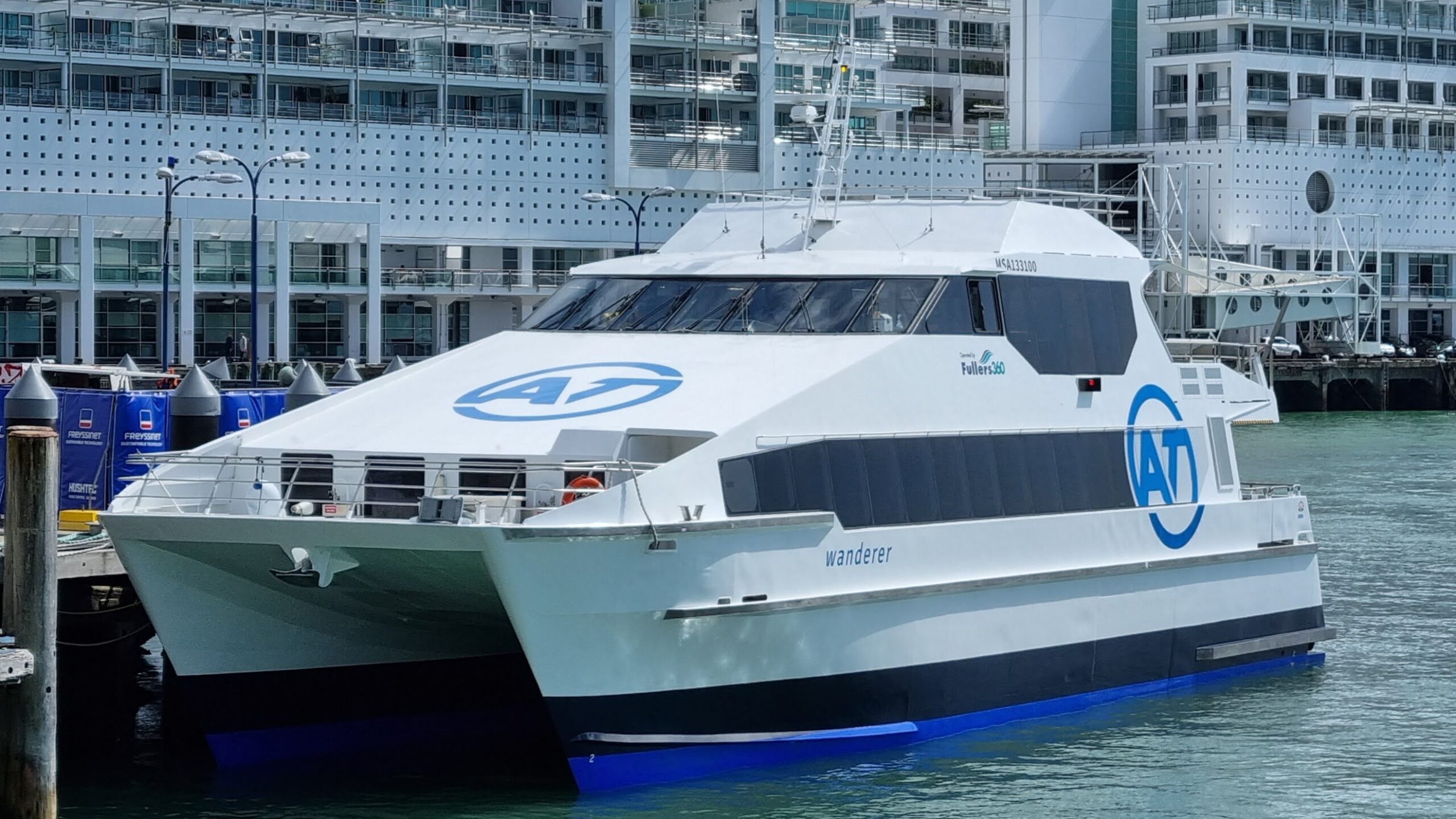Alerts have been issued after an Auckland ferry worker tested positive for measles last week.
The worker was infectious while on board a number of Fullers360 sailings on 5 May, at a Kelston supermarket, and Downtown car park. Potential contacts have been asked to contact healthline.
The SMC asked experts to comment. Please feel free to use these comments in your reporting or follow up with the contact details provided.
Dr Natalie Netzler, Senior Lecturer, Faculty of Medical and Health Sciences, University of Auckland, comments:
“Measles is a very dangerous and highly contagious virus. About 1 in 10 people with measles infection will need hospital care, and resulting complications include issues ranging from ear infections, permanent hearing loss, through to inflammation of the brain and death. In 2019, there was a tragic outbreak in Samoa that killed over 80 people, most of whom were little kids under the age of five years.
“The immunisation rates in Aotearoa New Zealand are so low in some of our communities right now that our tamariki are at serious risk of this preventable viral disease. Immunisation is the best way to keep our communities protected and if you are not sure, you can have a catch up dose(s). Chat to a healthcare provider today if you are unsure about being protected.”
Conflicts of interest: “I work with several Pacific and Māori organisations and health providers to support our communities to make informed decisions on immunisation.”
Professor Michael Plank, School of Mathematics and Statistics, University of Canterbury, comments:“Measles is one of the most contagious diseases known, which is why we need high vaccination rates ideally above 95% to prevent outbreaks. New Zealand’s childhood immunisation rates have dropped in recent years, and are worryingly low particularly in Māori and Pacific communities. This puts us at risk of large outbreaks if the virus finds its way into pockets of the population with low vaccination rates.
“As well as being highly contagious, measles is a dangerous disease, particularly for young children. Around one in five people who get measles will be sick enough to need hospital treatment. Around 1 in 1000 cases will suffer brain damage that can be fatal.
“Contact tracers are trying to shut down the spread by identifying people who have been exposed to the current measles case, and asking them to isolate if they have not been immunised. Anyone who has been at one of the listed exposure locations should be alert for potential symptoms of measles. With measles becoming more prevalent in other countries, this situation is unfortunately likely to be repeated even if the current case does spark an outbreak.
“Measles is an entirely vaccine-preventable disease. The MMR vaccine is extremely safe and effective at preventing measles. The best way to protect yourself and those around you is to ensure your whānau are up to date with their vaccines. This will also help protect babies who are particularly vulnerable to measles because they can’t be immunised until they are one.”
Conflicts of interest: None
Dr Helen Petousis-Harris, Associate Professor, University of Auckland, comments:
“One imported case can spark a serious outbreak when immunity gaps are wide. Measles is not harmless, it can cause pneumonia, brain inflammation (encephalitis), deafness, and even death. Babies, pregnant women and immunocompromised people are especially vulnerable. We have an incredibly effective vaccine, but only if people get it.”
Conflict of interest statement: HPH has taken industry money for research and advised government on various matters, but has no specific conflicts of interest relating to measles/ MMR vaccines.
